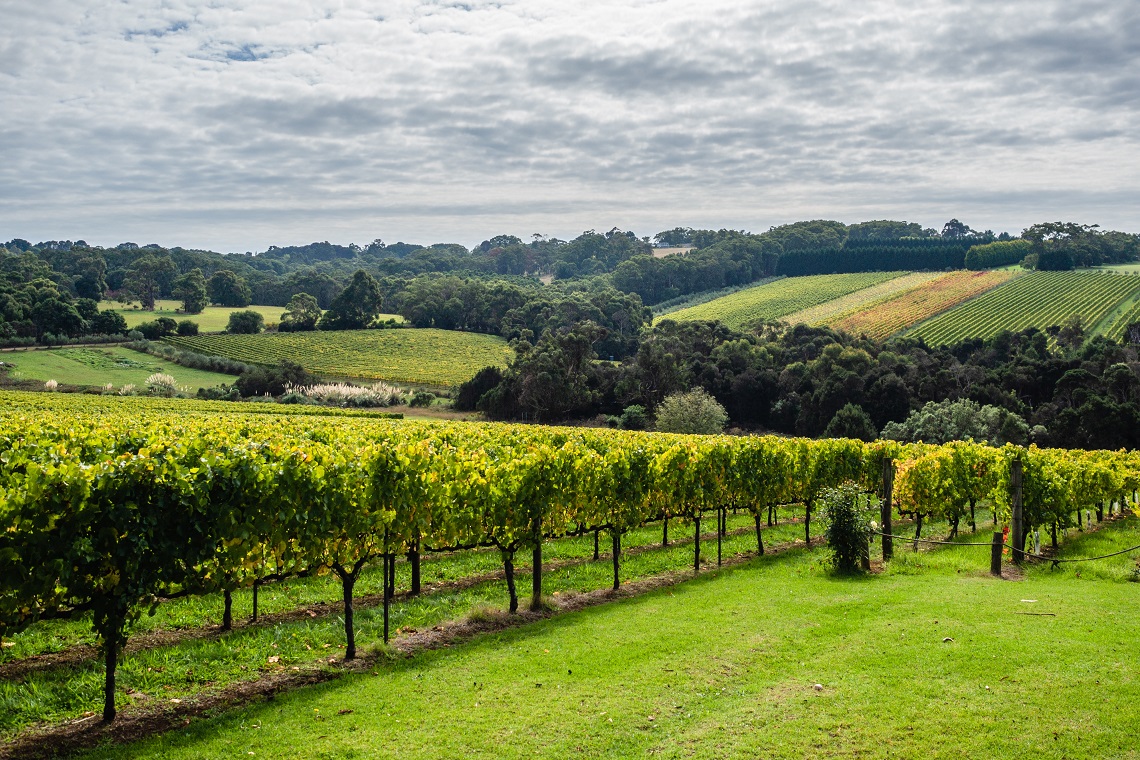As TheShout reported last week global wine insights company Wine Intelligence has released the Global SOLA: Opportunities in Sustainable, Organic and Lower Alcohol Wine 2019 report, which highlights opportunities for ‘alternative’ wines in 15 key global markets.
Australia is one of those key global markets and according to Wine Intelligence, organic wine is presenting the biggest opportunity in this country with high levels of awareness and future purchase consideration.
The report states: “Organic wine continues to have the highest opportunity in Australia, while lower alcohol wine has fallen back slightly due to an increase in index scores for preservative free and sustainably produced wine.”
Australia is following the global trend with organic wine having the strongest opportunities, although Wine Intelligence did say there may be some consumer confusion over the wine type.
“While organic wine is perhaps the most recognised alternative wine type by both the trade and consumers, trade members indicate that consumers continue to misunderstand the definition of organic wine, often confusing it with other alternative wines and believing that wine is naturally organic as it ‘comes from the ground’,” the company said.
Preservative free wine has increased its opportunity index score from 36.5 to 40.3 for 2019, moving it into second place on the overall listing. Wine Intelligence said that while there was some general confusion regarding actual definitions, there was strong consumer support for ‘free from’ additives because they sound healthier.
“The concept of ‘free from’ wine aligns with consumers, as they feel that omitting certain ingredients from wine denotes healthy benefits,” the report said.
“Mostly they are drawn to the fact that the wine is free from ‘preservatives’ or ‘sulphites’ – two words that often receive a poor rap.
“Preservative free wine has overall higher opportunity than sulphite free wine, most likely due to the fact that consumers are not necessarily aware what sulphites are, and that preservative free is more in-line with labelling and messages on food and drink in general.”
One interesting label that actually scored highest in the ‘sought to purchase’ category was environmentally friendly wine. This also scored well in future purchase consideration and affinity, but low awareness means it was only ranked fifth in Australia’s opportunity index.
“As concern for the environment is widening around the globe, such as concerns over climate change, consumers are most likely drawn to environmentally friendly wines as they are reassured the product they are purchasing had a low impact on the environment,” the report said.
Wine Intelligence COO Richard Halstead said: “As a highly visible and valued agricultural product, wine is on the frontline of trends relating to health, wellbeing, and the environment generally. This report supports the widespread belief within the wine industry that the 21st century consumer is going to require a lot more genuine progress in terms of developing sustainable and environmentally sound wine production techniques, delivering a product that aligns with their need to live a healthier and more balanced life.”

